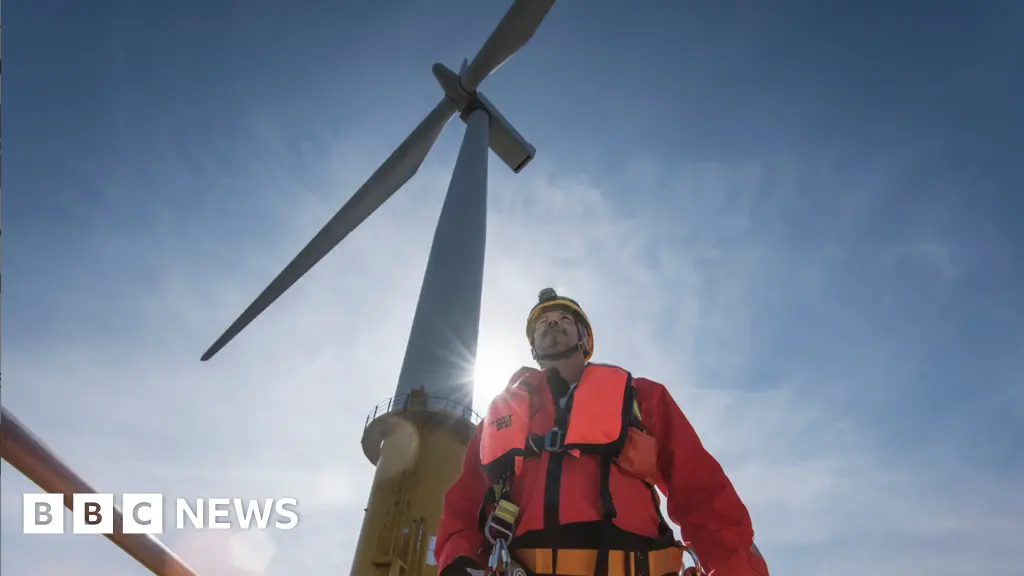- cross-posted to:
- uk_infrastructure
- cross-posted to:
- uk_infrastructure
A total of nine offshore wind farm contracts have been awarded by the government after last year’s auction failed to attract any bidders at all.
The contracts are part of a wider slate of green energy projects that also include tidal and solar power, and will provide enough electricity to fuel the equivalent of 11 million UK homes, the government said.
However, while the new offshore wind projects have been broadly welcomed, some experts questioned whether they would generate enough capacity to meet renewable energy targets set for 2030.
…
On Tuesday, a total of 131 contracts have been awarded to firms for projects which will generate 9.6 gigawatts (GWs) of renewable energy.
The new offshore projects include what will be Europe’s largest and second-largest wind farms, Hornsea 3 and Hornsea 4, which will be built off the Yorkshire coast by Ørsted, the Danish energy giant that is majority-owned by the state.
The Labour government is aiming to produce 60GW of energy through offshore wind farms by 2030.
The offshore wind farm projects announced on Tuesday provide capacity of 4.9GW.
Pranav Menon, a research associate at Aurora Energy Research, said the government still has some way to go to meet its goal.
“It still falls short of the pace required to meet its ambitious targets,” he said.



From the 29th of August 2024:
It’s split almost 50/50 with offshore capacity currently running at 14.7GW, onshore at 15.6GW. Source.
Considering the criminal underinvestment in onshore under the Tories that is still an impressive amount and shows how we can really push that angle hard too.
So the government plan to get to 60GW of offshore is… ambitious. Doable if you include onshore.
60GW would be about 50% over capacity for our national needs. That’s the sort of level where the gaps can be made up through solar and storage.